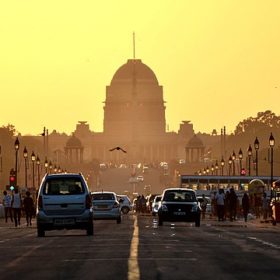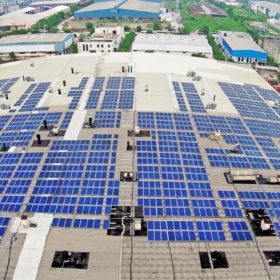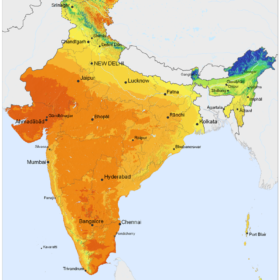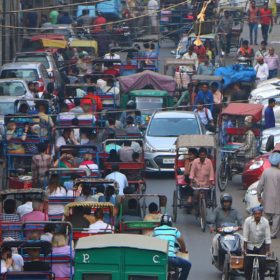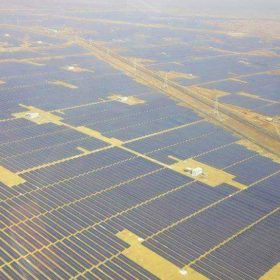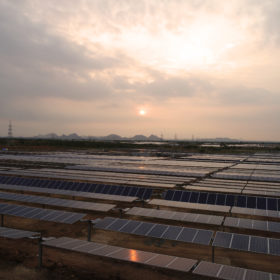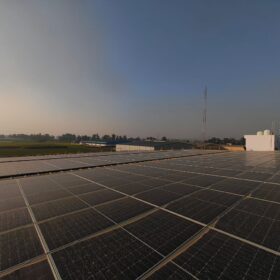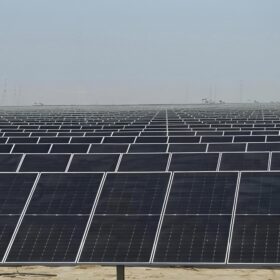Enhancing energy trading in South Asia
The Indian Ministries of External Affairs and Power, in collaboration with the Confederation of Indian Industry (CII), organized the South Asia Power Summit 2018, held recently in New Delhi. The daylong conference highlighted that diversity of energy resources in South Asian countries brings the opportunity to provide affordable, low-carbon energy in the region. The business case for enhanced energy trading in the region, and challenges faced in inter-country electricity trading were important elements of this discussion.
SoftBank and Essel to develop 500 MW solar park
A failed association with IL&FS has failed to deter SoftBank from its plan to invest a staggering $1tn in Indian solar by 2030. Now the Japanese funding giant is working with Essel Infraprojects on a 500 MW plant, with further details yet to be revealed.
Solar City Initiative phase two launched in Delhi
The programme allows the installation of solar roof atop apartment blocks, which otherwise could not install such systems. Potential in the area is around 15 MW, of which 6 MW have been signed up for already. Another 5 MW should be developed in this second phase of the project.
CDPQ increases Azure Power stake to 40%
Through a US$100 million contribution, La Caisse de dépôt et placement du Québec (CDPQ) has increased its stake in Azure Power Global Ltd to 40%.
Saudi Arabia and BP Group betting big on India
Two of the world’s biggest players in the oil industry have backed the nation’s ambitious solar target – and are putting their money where their mouth is.
International Solar Alliance boosted by EIB funds
The International Solar Alliance (ISA) received a significant boost at the New York One Planet Summit, with European Investment Bank (EIB) President, Werner Hoyer announcing a commitment to back the ISA in its expansion of India’s solar industry and the exchange of technology.
Saft buys out JV partner and announces lith-ion investment
The historic French brand says it will focus on rail, telecom and infrastructure, but environmentalists hoping the move finally heralds a breakthrough for electric vehicles in one of the world’s biggest transport markets appear set to be disappointed.
Solar-Log makes debut in India
German solar monitoring company SDS has announced a strategic partnership with developer iPLON India. The established Solar-Log system will help India’s drive to raise quality standards in PV.
Greenko calls off plan to buy Orange Renewable
Hyderabad-based renewable energy major Greenko Group has abandoned plans to buy AT Capital-backed Orange Renewable.
Suzlon partners with CLP for 70 MW solar capacity in Maharashtra
CLP India will acquire a 49% stake in Suzlon’s 50 MW and 20 MW solar projects in Dhule, Maharashtra. These two projects were won by Suzlon through competitive bidding in auctions by the Solar Energy Corporation of India Limited (SECI). As per the power purchase agreement signed, the tariff rate is fixed for 25 years at 4.115 INR/kWh for 20 MW and 3.66 INR/kWh for 50 MW.


